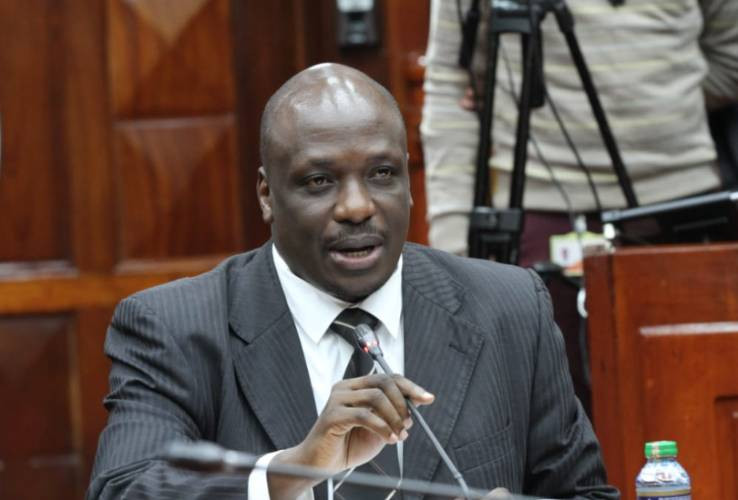×
The Standard e-Paper
Smart Minds Choose Us

The National Assembly Justice and Legal Affairs Committee (JLAC) has declined to grant Independent Election and Boundaries Commission (IEBC) Vice Chair Juliana Cherera 10 days to prepare for her ouster petition.
Through her lawyer Apollo Mboya, Cherera told JLAC on Monday, November 2022 that the National Assembly had yet to provide her with critical documents she needed to prepare for the hearing of her ouster petition.